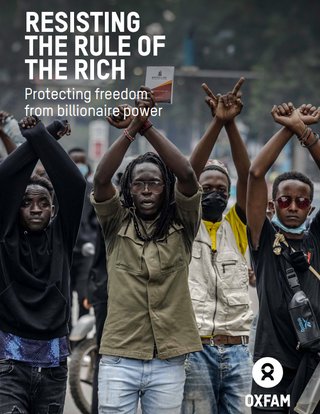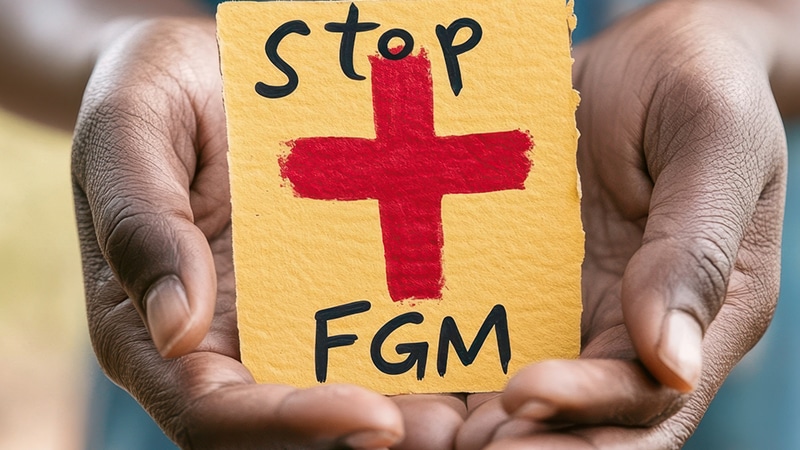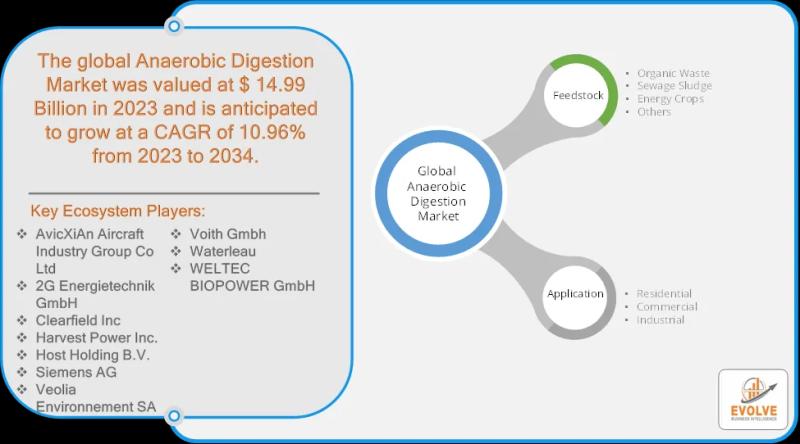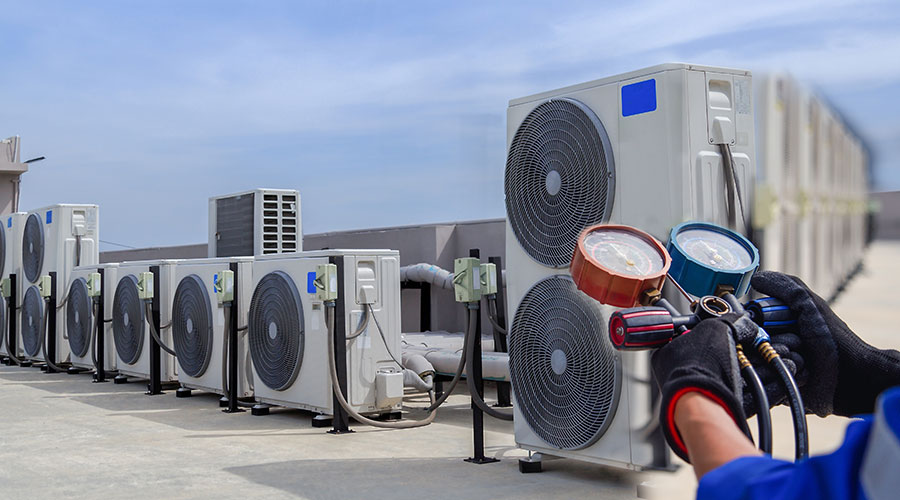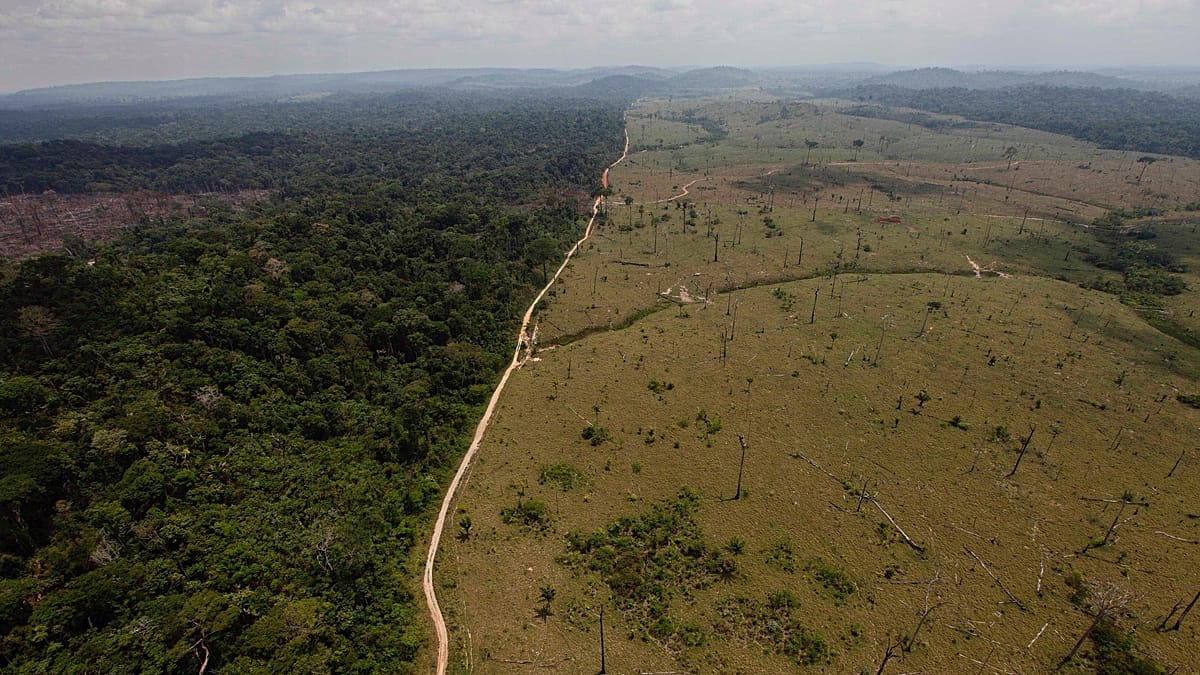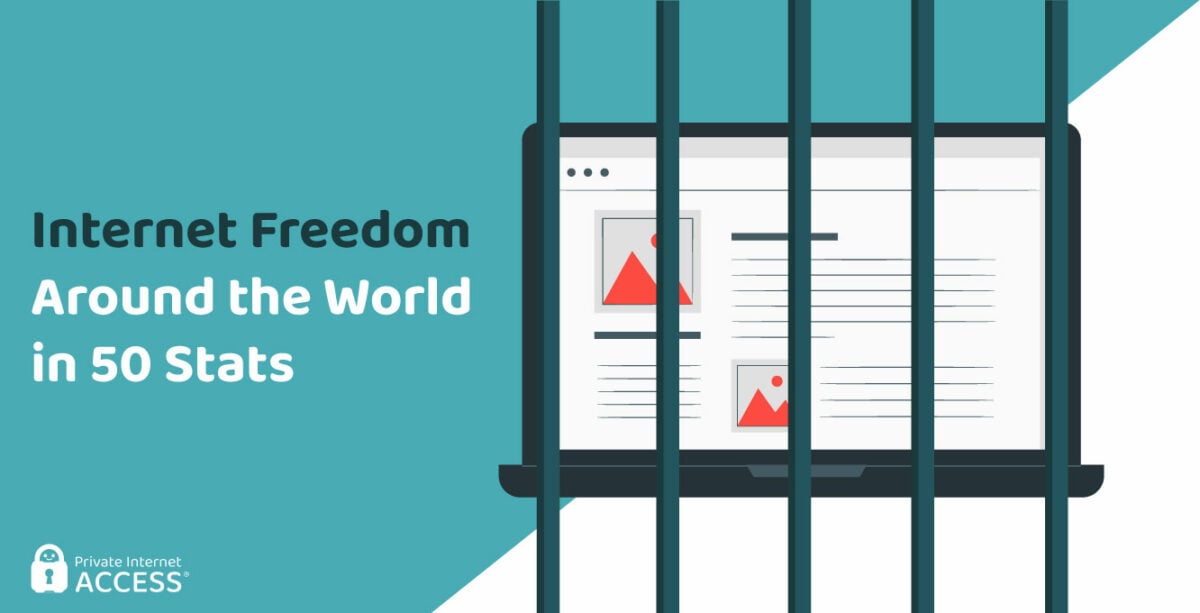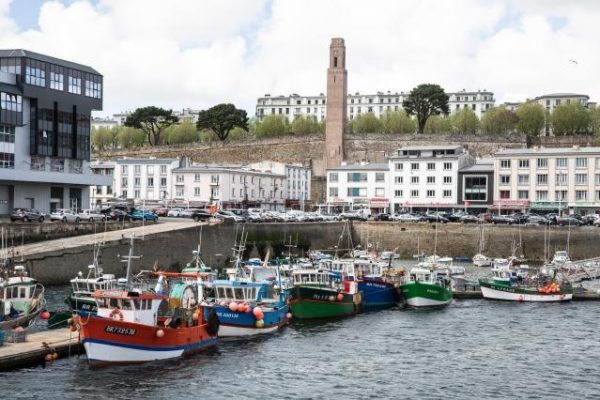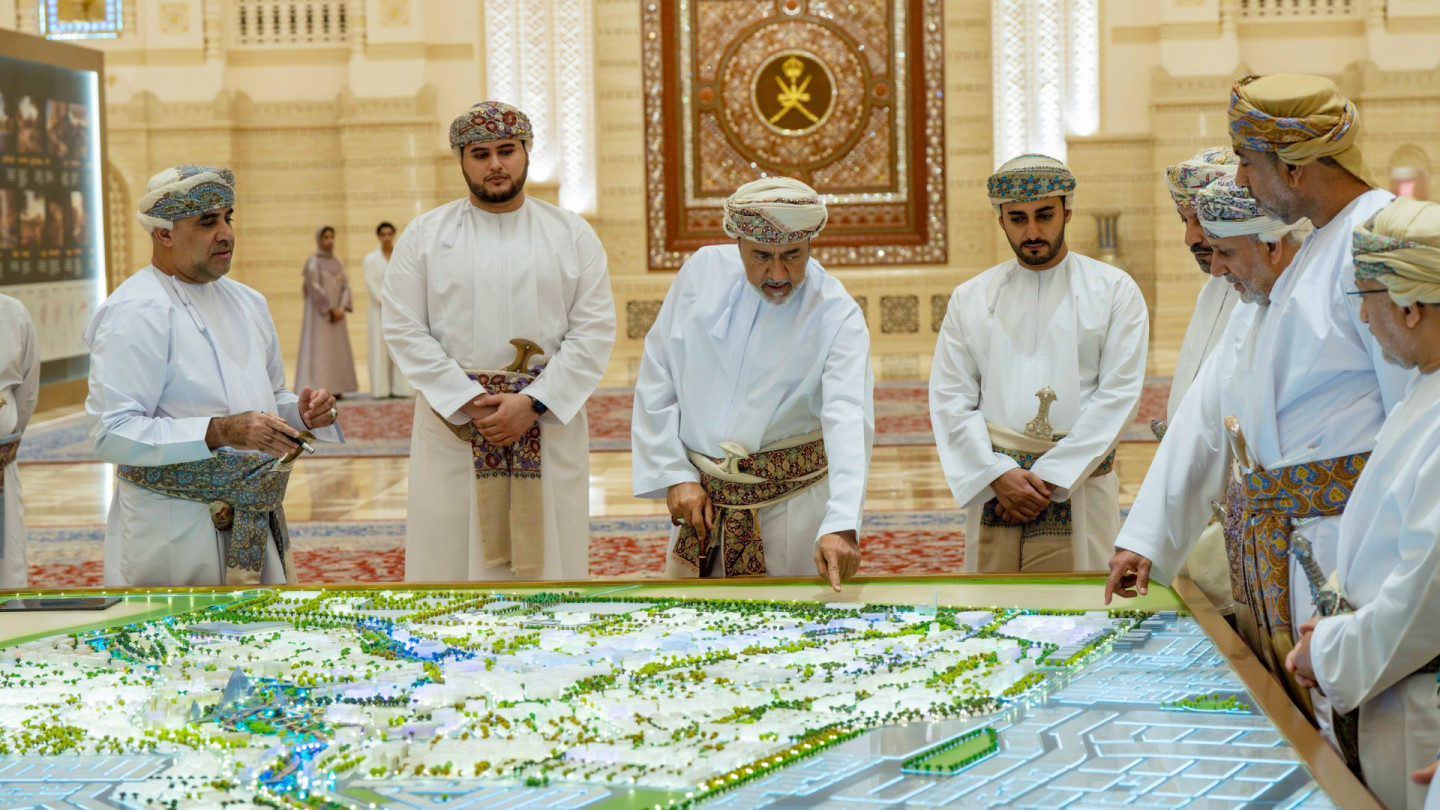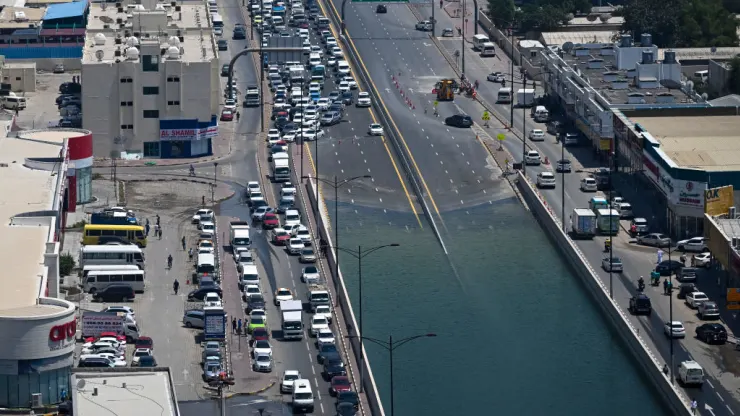Urgent Call For Fair Funding, Balanced Management & Sustainable Trade – The Fishing Daily
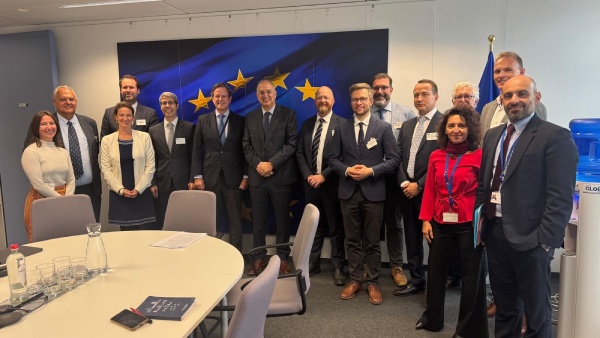
Report on Europêche Dialogue with the European Commission on Sustainable Fisheries
A high-level meeting was convened between Europêche, representing the European Union fishing industry, and EU Commissioner Costas Kadis. The dialogue focused on aligning the EU’s fisheries policies with overarching sustainability objectives, particularly the United Nations Sustainable Development Goals (SDGs). Key areas of discussion included financial frameworks, resource management, international cooperation, and trade policies, all assessed through the lens of their impact on environmental, social, and economic sustainability.
Aligning Financial Frameworks with Sustainable Development Goals
EU Budget 2028–2034: Funding for a Sustainable Future
Europêche raised significant concerns regarding the European Commission’s proposal for the next Multiannual Financial Framework (MFF), which could undermine progress towards several SDGs.
- SDG 2 (Zero Hunger) & SDG 8 (Decent Work and Economic Growth): A proposed 67% reduction in dedicated fisheries funding to €2 billion is viewed as inconsistent with the EU’s goals for food security and economic resilience. This cut threatens the viability of the sector and the livelihoods of coastal communities.
- SDG 13 (Climate Action) & SDG 8 (Decent Work): The industry stressed that adequate financial support is essential for investing in the transition to a low-carbon future, adopting new technologies, and ensuring safer working conditions, thereby contributing to climate action and decent work.
- SDG 1 (No Poverty): The potential merger of fisheries funds into broader macro-funds could create unfair competition and economic instability, jeopardizing the economic foundation of fishing communities and working against poverty reduction targets.
Balancing Marine Conservation with Socio-Economic Stability
Fishing Opportunities for 2026 and SDG 14 (Life Below Water)
The discussion on 2026 fishing opportunities highlighted the need for a balanced approach that integrates environmental conservation with the socio-economic dimensions of sustainability, as envisioned by the SDGs.
- Baltic Sea: It was argued that zero-catch advice fails to address root environmental pressures such as pollution and predation. Such measures disproportionately impact fishing communities, undermining SDG 1 and SDG 8, without effectively contributing to the recovery of marine ecosystems (SDG 14.2).
- Mediterranean: The sector’s significant efforts to reduce fishing pressure, which align with SDG 14.4 (End Overfishing), were noted. Europêche advocated for policy rewards that recognize these conservation achievements and support the continued economic sustainability of the fleet.
- North-East Atlantic: Concerns were raised that overly precautionary scientific advice and zero-Total Allowable Catch (TAC) proposals for key species would have devastating consequences for coastal communities. A call was made to incorporate socio-economic impact assessments into quota-setting decisions to ensure policies are equitable and sustainable in a holistic sense.
Fostering Global Partnerships for Sustainable Fisheries
International Agreements and Shared Resource Management (SDG 17 & SDG 14)
Europêche emphasized the critical role of international cooperation in achieving sustainable fisheries management globally.
- EU-UK Relations: New Marine Protected Areas (MPAs) in UK waters were cited as a source of disproportionate economic impact on EU vessels, challenging the principles of equitable partnership under SDG 17 (Partnerships for the Goals).
- Management of Pelagic Stocks: The continued overfishing of key stocks like mackerel and herring by non-EU Coastal States was identified as a direct threat to SDG 14.4. Europêche urged the Commission to leverage diplomatic and trade measures to ensure all parties adhere to sustainable, science-based management.
Enhancing Regulatory Coherence and Fair Trade
Regulatory Frameworks and Responsible Production (SDG 12)
The need for a simplified and coherent regulatory environment was highlighted as a prerequisite for fostering sustainable and responsible production patterns.
- Fisheries Control Regulation: While progress was acknowledged, unresolved issues with weighing rules were identified as barriers to efficient and compliant operations.
- Administrative Simplification: A call was made for an urgent “omnibus proposal” to reduce administrative burdens, allowing the sector to better focus its resources on achieving sustainability targets, in line with SDG 12.
Free Trade Agreements and Market Equity (SDG 12 & SDG 8)
The report concluded with a strong appeal for trade policies that promote a level playing field and uphold high sustainability standards.
- Unfair Competition: Free Trade Agreements with nations like Indonesia and Thailand risk allowing duty-free imports produced under lower environmental and social standards, undermining SDG 12 (Responsible Consumption and Production) and the competitiveness of the EU fleet.
- Tariff Imbalances: The current EU-US trade relationship, which imposes tariffs on EU seafood exports while allowing tariff-free entry for US products, was cited as an example of an inequitable system that harms the economic sustainability of European producers (SDG 8).
Analysis of Sustainable Development Goals in the Article
1. Which SDGs are addressed or connected to the issues highlighted in the article?
- SDG 2: Zero Hunger
- The article connects to this goal through its discussion of the fishing industry’s role in ensuring food security. The debate over funding and fishing quotas directly impacts the availability of fish as a food source. Europêche’s concern about the EU’s priorities on “food security” highlights this link.
- SDG 8: Decent Work and Economic Growth
- This goal is central to the article, which focuses on the economic viability of the European fishing sector. Issues such as fair funding, competitiveness, safer working conditions, attracting new talent, and the socio-economic impacts of fishing quotas on coastal communities are all directly related to promoting sustained, inclusive, and sustainable economic growth and decent work for all.
- SDG 10: Reduced Inequalities
- The article addresses inequalities in several contexts: the “unfair competition” from imports produced under lower standards, the trade imbalance in the EU-US deal where EU exports face tariffs while US imports do not, and the potential for “distortions and unfair competition within the common market” if aid is left to Member States.
- SDG 12: Responsible Consumption and Production
- This goal is relevant through the discussion on sustainable fishing practices and trade. The call for “sustainable trade rules,” applying “market pressure and targeted trade measures against unsustainable practices,” and ensuring consumers can trust that “EU-caught mackerel… remains a sustainable choice” all point towards promoting sustainable consumption and production patterns.
- SDG 14: Life Below Water
- This is the most prominent SDG in the article. The entire text revolves around the conservation and sustainable use of marine resources. It discusses the management of fish stocks, concerns over “zero-catch proposals,” the impact of “marine protected areas (MPAs),” overfishing by non-EU states, and the need for science-based management (“ICES advice”).
- SDG 17: Partnerships for the Goals
- The article exemplifies this goal through its description of the dialogue and partnership between Europêche (the fishing industry), the EU Commission, and Member States. The discussions on international fisheries talks (EU-UK-Norway), negotiations with third countries, and Free Trade Agreements (FTAs) are all about strengthening partnerships to achieve sustainable development.
2. What specific targets under those SDGs can be identified based on the article’s content?
- Under SDG 2 (Zero Hunger)
- Target 2.1: By 2030, end hunger and ensure access by all people, in particular the poor and people in vulnerable situations, including infants, to safe, nutritious and sufficient food all year round. The article’s emphasis on “food security” and maintaining a viable fishing industry relates to ensuring a sufficient supply of fish.
- Under SDG 8 (Decent Work and Economic Growth)
- Target 8.2: Achieve higher levels of economic productivity through diversification, technological upgrading and innovation. The article mentions the need for funding to allow fishers to “continue investing in new technologies” and “staying competitive in global markets.”
- Target 8.8: Protect labour rights and promote safe and secure working environments for all workers. The call for funding to ensure “safer and better working conditions” directly aligns with this target.
- Under SDG 10 (Reduced Inequalities)
- Target 10.5: Improve the regulation and monitoring of global financial markets and institutions and strengthen the implementation of such regulations. The call for “sustainable trade rules” and addressing “unfair competition” from imports and imbalanced tariff agreements (like the EU-US deal) relates to creating a more equitable global trade system for seafood.
- Under SDG 12 (Responsible Consumption and Production)
- Target 12.2: By 2030, achieve the sustainable management and efficient use of natural resources. The discussions on managing fish stocks, setting quotas, and addressing overfishing are central to this target.
- Target 12.a: Support developing countries to strengthen their scientific and technological capacity to move towards more sustainable patterns of consumption and production. While not directly about developing countries, the call to impose “strict origin rules” on imports from countries like Indonesia and Thailand implies a push for higher sustainability standards in the global supply chain.
- Under SDG 14 (Life Below Water)
- Target 14.2: By 2020, sustainably manage and protect marine and coastal ecosystems to avoid significant adverse impacts, including by strengthening their resilience, and take action for their restoration in order to achieve healthy and productive oceans. The debate over “marine protected areas (MPAs)” in Scottish waters is a direct reference to this target.
- Target 14.4: By 2020, effectively regulate harvesting and end overfishing, illegal, unreported and unregulated fishing and destructive fishing practices and implement science-based management plans. This is a core theme, addressed through discussions on “zero-catch proposals,” “bycatch quotas,” “reduced fishing effort (>40%)” in the Mediterranean, and concerns about “overfishing by other Coastal States.”
- Target 14.a: Increase scientific knowledge, develop research capacity and transfer marine technology… in order to improve ocean health. The article’s reference to “ICES advice” and concerns that assessments are “based on limited data and precautionary assumptions” highlights the importance of scientific knowledge in fisheries management.
- Under SDG 17 (Partnerships for the Goals)
- Target 17.14: Enhance policy coherence for sustainable development. Europêche’s argument that the proposed budget cut is “inconsistent with the EU’s stated priorities on competitiveness, resilience and food security” is a call for greater policy coherence.
- Target 17.16: Enhance the global partnership for sustainable development, complemented by multi-stakeholder partnerships. The entire article describes a multi-stakeholder partnership in action, detailing meetings between “Europêche, the representative body of the EU fishing industry,” “Commissioner Kadis,” and “Fisheries Attachés from 12 Member States.”
3. Are there any indicators mentioned or implied in the article that can be used to measure progress towards the identified targets?
- Financial Indicators:
- Proposed budget for fisheries: The article explicitly states the proposed funding is “just €2 billion,” representing a “67% cut.” This is a direct indicator of financial commitment (relevant to SDG 8, 14).
- Economic losses: The article mentions that “European vessels will suffer nearly five times greater economic losses compared to UK vessels” due to MPAs, indicating a metric for assessing socio-economic impact (relevant to SDG 8, 14).
- Fisheries Management Indicators:
- Fishing effort reduction: The mention of a “>40%” reduction in fishing effort in the Mediterranean is a clear performance indicator for sustainable management (relevant to SDG 14.4).
- Catch limits and quotas: The discussion of “zero-catch proposals,” “bycatch quotas,” and Total Allowable Catches (TACs) are standard indicators for regulating harvesting (relevant to SDG 14.4).
- Proportion of sustainably managed stocks: The reference to the Commission’s communication “acknowledging the good management of EU stocks” implies the use of an indicator related to the status of fish stocks (relevant to SDG 14.4).
- Conservation Indicators:
- Coverage of Marine Protected Areas (MPAs): The specific mention of “marine protected areas (MPAs) in Scottish waters” and “Stage 3 MPA proposals” directly relates to Indicator 14.5.1 (Coverage of protected areas in relation to marine areas).
- Trade and Competition Indicators:
- Tariff rates: The article specifies a “15% tariff on its seafood exports to the USA” while American seafood enters the EU “tariff-free.” These figures are direct indicators of trade imbalances (relevant to SDG 10).
- Import standards: The call to exclude or impose “strict origin rules” on “low-standard duty-free tuna imports” implies a measure of sustainability standards in trade agreements (relevant to SDG 12, 10).
4. Create a table with three columns titled ‘SDGs, Targets and Indicators” to present the findings from analyzing the article. In this table, list the Sustainable Development Goals (SDGs), their corresponding targets, and the specific indicators identified in the article.
| SDGs | Targets | Indicators |
|---|---|---|
| SDG 2: Zero Hunger | 2.1 Ensure access to safe, nutritious and sufficient food. | Level of EU priority on “food security” in policy and budget decisions. |
| SDG 8: Decent Work and Economic Growth | 8.2 Achieve higher levels of economic productivity. 8.8 Promote safe and secure working environments. |
|
| SDG 10: Reduced Inequalities | 10.5 Improve the regulation of global financial markets. |
|
| SDG 12: Responsible Consumption and Production | 12.2 Achieve the sustainable management and efficient use of natural resources. |
|
| SDG 14: Life Below Water | 14.2 Sustainably manage and protect marine and coastal ecosystems. 14.4 End overfishing and implement science-based management plans. 14.a Increase scientific knowledge. |
|
| SDG 17: Partnerships for the Goals | 17.14 Enhance policy coherence for sustainable development. 17.16 Enhance the global partnership for sustainable development. |
|
Source: thefishingdaily.com
What is Your Reaction?
 Like
0
Like
0
 Dislike
0
Dislike
0
 Love
0
Love
0
 Funny
0
Funny
0
 Angry
0
Angry
0
 Sad
0
Sad
0
 Wow
0
Wow
0










